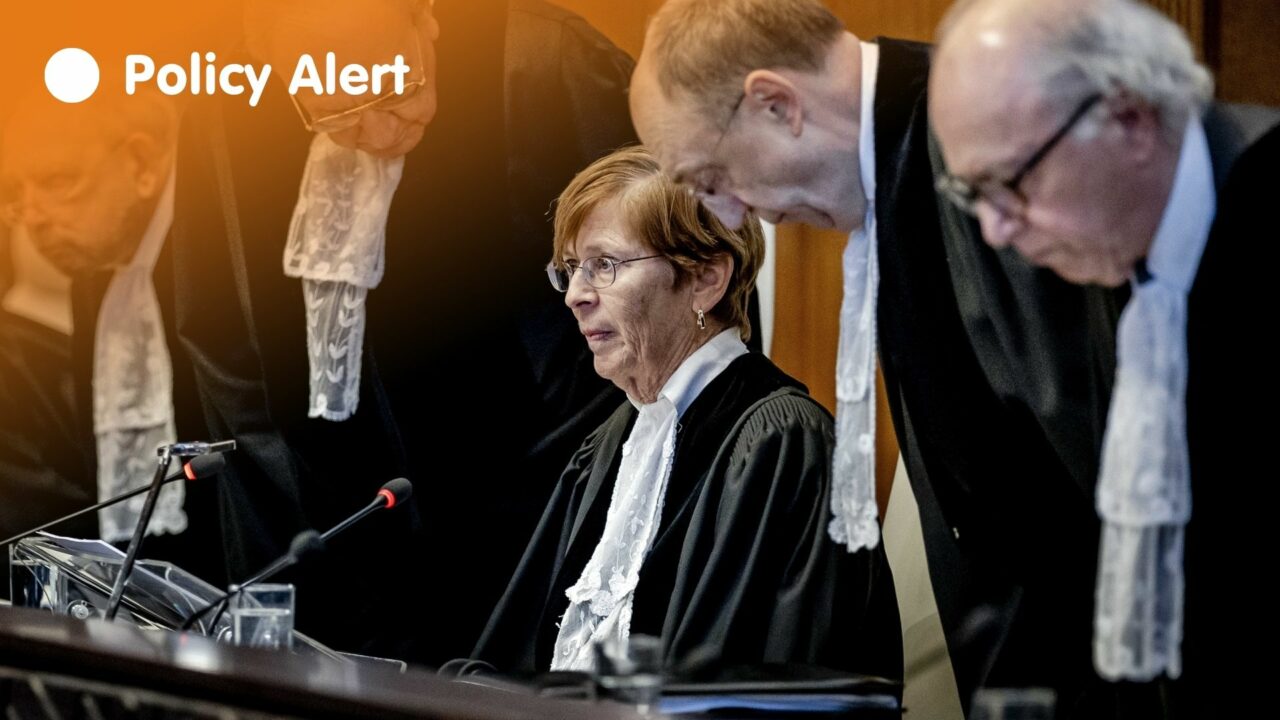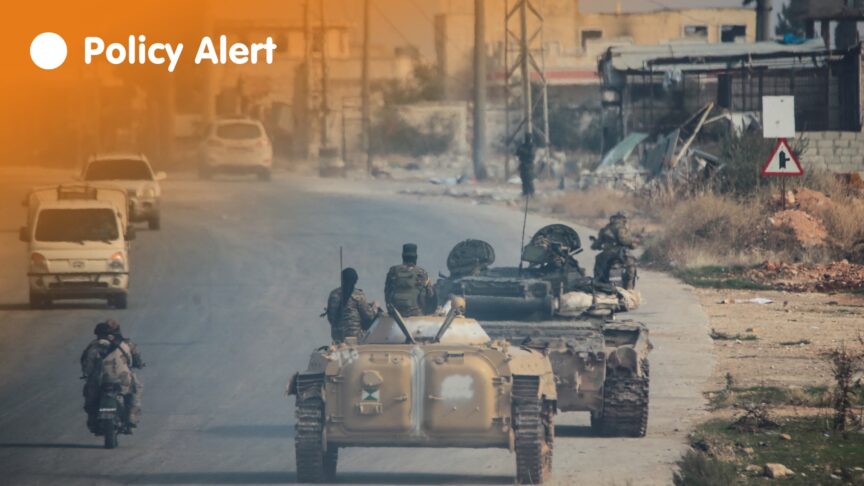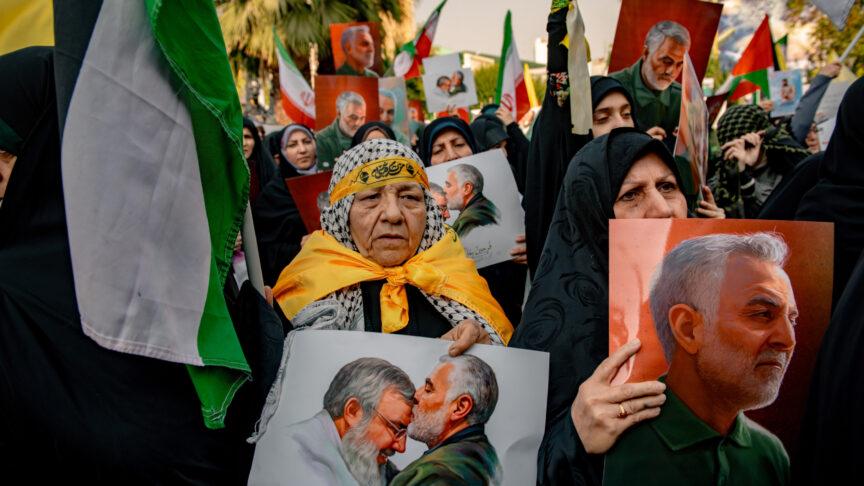Court order: Why Europeans should support the ICJ’s decision on South Africa’s genocide case against Israel
The International Court of Justice (ICJ) has announced provisional measures in the genocide case brought by South Africa against Israel over its military campaign in Gaza. In a strongly worded statement and by overwhelming majorities, the court ordered Israel to prevent any genocidal acts, ensure the provision to Gaza of urgently needed basic services and humanitarian assistance, take measures to prevent and punish incitement to genocide, and preserve all evidence relating to possible acts of genocide. It also ordered Israel to report to the court within a month on the implementation of these orders.
Europe’s response
European countries have different views about South Africa’s genocide case, as they do of Israel’s military campaign more broadly, but it is essential that they now unite to fully support the ICJ’s decision and demand the implementation of the measures it imposes. They should make clear that their relations with Israel will depend on whether it implements the ICJ’s required measures and should back any resolutions at the United Nations that call for these measures to be implemented.
The European Union and European countries should support the court’s decision for at least four reasons:
- It is required by their commitment to the international rule of law;
- It does not signal acceptance of the claim that Israel has committed genocide;
- There is a strong humanitarian case for the measures imposed; and
- Any hesitation to back the court would seriously undermine European credibility.
The importance of European support
The ICJ is the UN’s principal judicial organ and thus plays a central role in the UN-based international system. Acceptance of its decisions is fundamental to the maintenance of the international rule of law.
The genocide case will take years to resolve. A finding of genocide requires there to be evidence not only of significant harm to members of a national, ethnic, racial, or religious group, but also that the actions involved were motivated by the aim of destroying the group in whole or in part. This is a high threshold to meet, and some European countries have made clear that they do not believe Israeli actions in Gaza are genocidal.
The court’s decision today, like the hearings on 11 and 12 January that fed into it, was concerned with preventing further harm that could be in violation of the Genocide Convention during the period while the case is being decided. The conditions for imposing provisional measures include whether there is a plausible case that the Genocide Convention is being violated, and a risk of irreparable harm if the measures are not imposed. The ICJ’s decision found that there was a plausible case due to the devastating humanitarian toll of Israel’s campaign and the dehumanising statements of Israeli officials, and said there was a serious risk of the catastrophic situation in Gaza deteriorating further before the court’s final judgment.
South Africa asked the ICJ to order an end to Israel’s campaign, but the court didn’t do that, evidently persuaded by Israel’s arguments that it would undermine the country’s ability to defend itself (the ICJ doesn’t have jurisdiction over Hamas, a non-state group, so it could not order a ceasefire on both sides). The requirement that Israel allow more humanitarian aid is one that the EU has repeatedly voiced. Europe should also welcome the ICJ’s call for Israel to disavow and prosecute rhetoric that equates all Palestinians in Gaza with Hamas.
Finally, the ICJ’s case has attracted enormous attention around the world. It has acquired a powerful symbolic status as an attempt by the global south to reclaim an international system which is seen as Western-dominated. If Europe seems hesitant to endorse a judicial ruling from a court as important as the ICJ when it goes against an ally, it will further entrench a perception of double standards that Europe is already trying to combat.
The European Council on Foreign Relations does not take collective positions. ECFR publications only represent the views of their individual authors.



